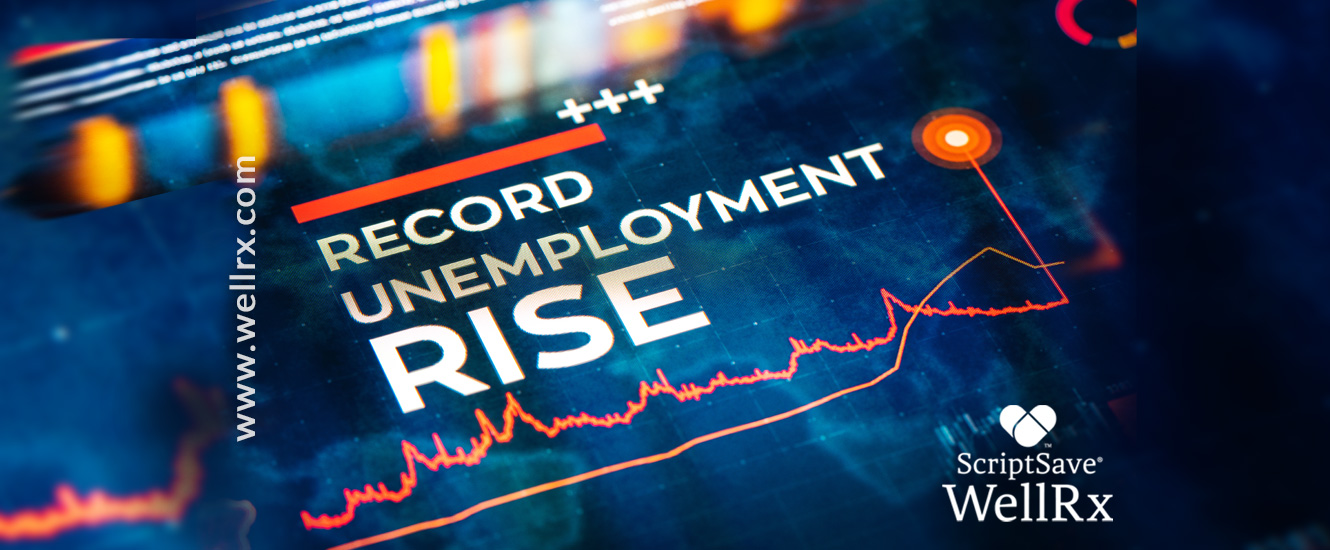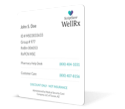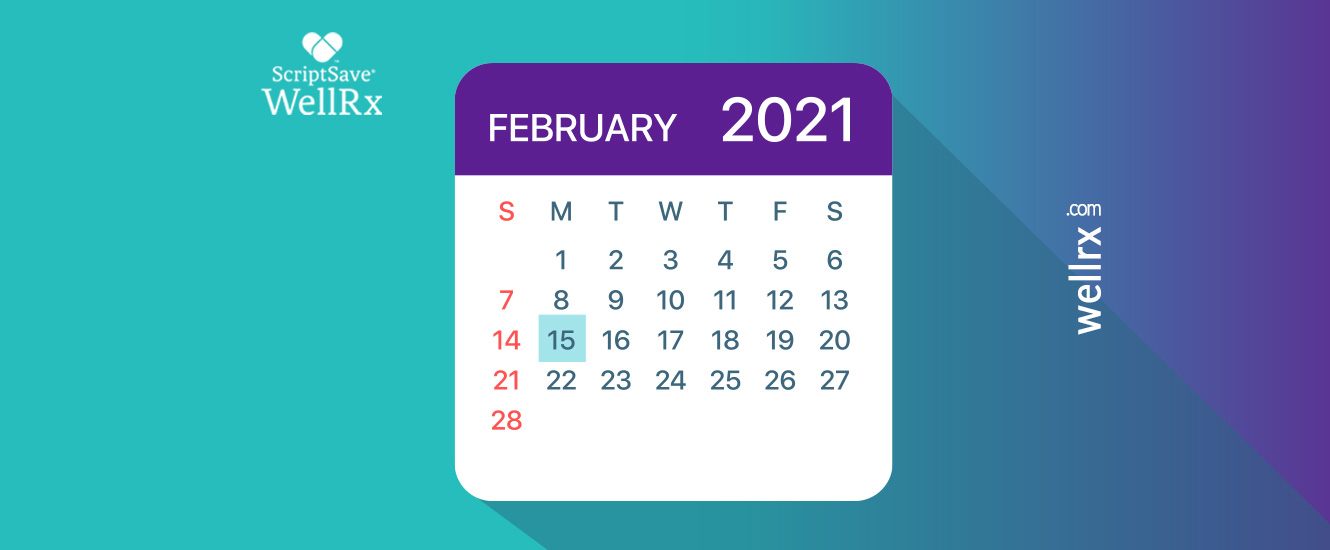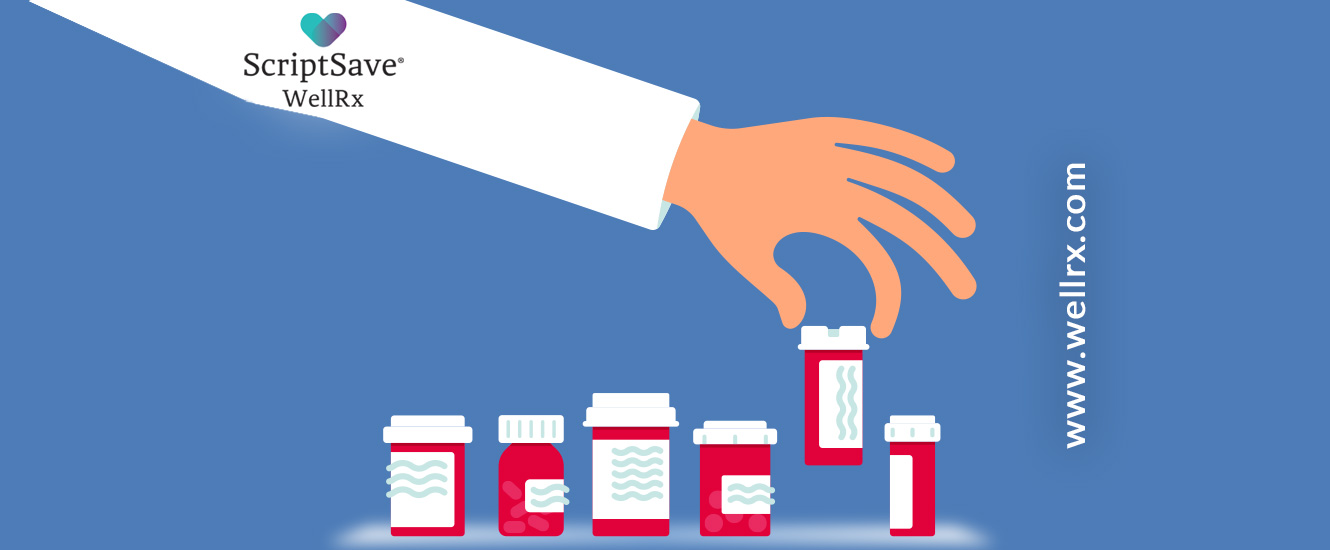Best Ways to Save Money on Healthcare without Insurance
April 16, 2020

With more than 22 million people filing for unemployment across the U.S., the coronavirus pandemic has turned from being just a health care crisis into also a financial one. Healthcare costs are some of the biggest expenses you’ll face in your lifetime, and now, many without jobs are also without health insurance. Health insurance offers vital coverage for many patients, but it can also be expensive. Many patients with preexisting conditions don’t even qualify for coverage.
If you don’t have insurance, you may feel you have to forgo routine care, but there are actually many ways to save on healthcare without insurance.
Save on Medication with a Prescription Discount Card
Prescriptions may be essential for your health, but costs can add up. Instead of going without medicine due to cost, look for ways to save. Prescription discount cards can save you more than insurance in some cases.
These cards are simple to use and are usually completely free to access. You just download a card online or through a mobile app, show it to the pharmacist when picking up your prescription and pay the discounted Rx rate. You can use these cards whether or not you have health insurance.
Visit a Community Health Center
Community health centers provide health services to all local residents. Their mission is to serve the uninsured or underinsured with affordable care for both physical and mental health services. Most of these centers receive some type of government funding. They may offer services on a sliding scale payment system or free of charge, depending on your income and financial status.
Use Urgent Care or Retail Clinics
Urgent care clinics are much cheaper than the emergency room and can treat a range of conditions from fractures and sprains to the flu. However, you should always visit the ER for life-threatening conditions that are true emergencies.
Retail clinics are found in stores like CVS and Walgreens. You can receive physicals, vaccines, and other routine services there, often at lower prices than a primary care provider.
Related story: Out of Work and Health Insurance Coverage?
Compare Pharmacies to Find the Lowest Rx Price
Did you know prescription costs can vary widely between pharmacies? A lot of this variation has to do with what type of price agreement each pharmacy has with various Pharmacy Benefit Managers (PBMs). What this means for consumers is that you may pay much more for the same prescription drug at one pharmacy versus another.
It used to be difficult to research prices before picking up your medication, but now there are free online tools that help you compare pharmacy prices in your area to find the lowest Rx cost.
However, don’t forget that even though pharmacy “gag order” clauses were outlawed on Oct 10, 2018 by the “Know the Lowest Price Act” and the “Patient’s Right to Know Drug Prices Act,” it’s still worth remembering to always ask your pharmacist one simple question, “What’s the cash price for my medication?”
Try Generic Versions of Prescriptions
Generic versions of name-brand medications are cheaper and usually just as effective. Ask your doctor or pharmacist if there is a cheaper generic version of the drug you have been prescribed. Well-established drugs that have been around longer usually have one or more generic alternatives.
Consider Direct Primary Care Providers (DPCP)
A Direct Primary Care Provider is a different healthcare provider model that charges patients a monthly membership fee to obtain a specified amount of primary care services and appointments. Unlike many insurance companies, DPCPs typically do not exclude patients with preexisting conditions. The major disadvantage of this model is that lab tests and medications are usually not covered.
Volunteer for a Clinical Trial
If you have a serious health condition that you cannot afford to treat, clinical trials may be a viable option. These trials seek volunteers to test new medications, therapies, or other treatment methods. Keep in mind that these treatments are unproven and may have unknown risks. However, they can be a great benefit to patients that may otherwise not be able to afford treatment.
Find Free Screenings
You can receive free or low-cost screenings at health fairs, hospitals, pharmacies, or local organizations. To find one in your area, call your local or state health department. If you’re concerned about a particular disease, get in touch with your local chapter of associations like the American Cancer Society or the American Diabetes Association. Your local chapter will be able to give you information on upcoming screenings in the area.
It’s often more expensive to treat a disease than to prevent one. So, remember to seek out routine healthcare procedures like screenings and physicals, and fill all prescriptions as directed by your healthcare provider. As you do these things, keep in mind the money-saving tips we’ve covered here!
Recommended Articles









